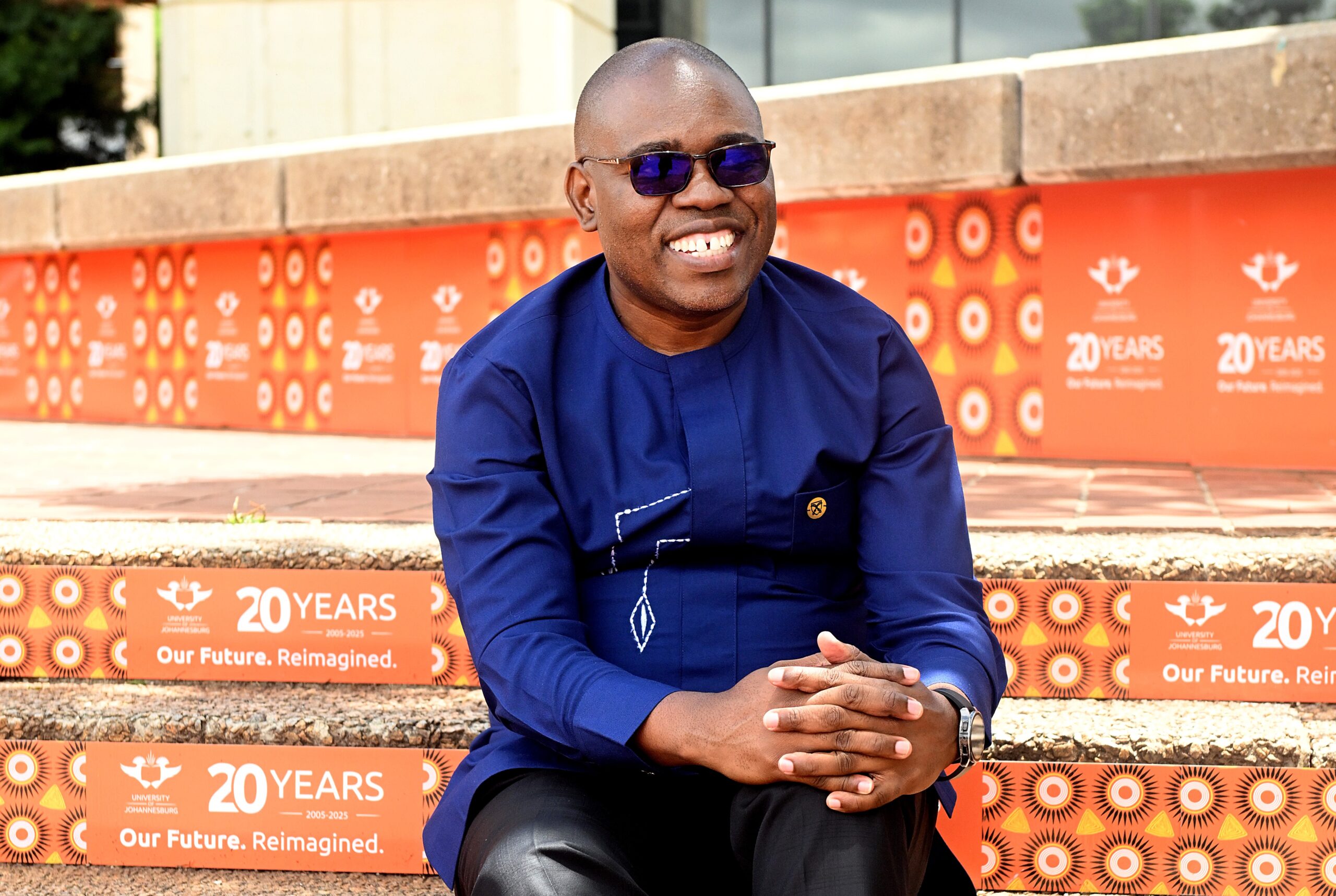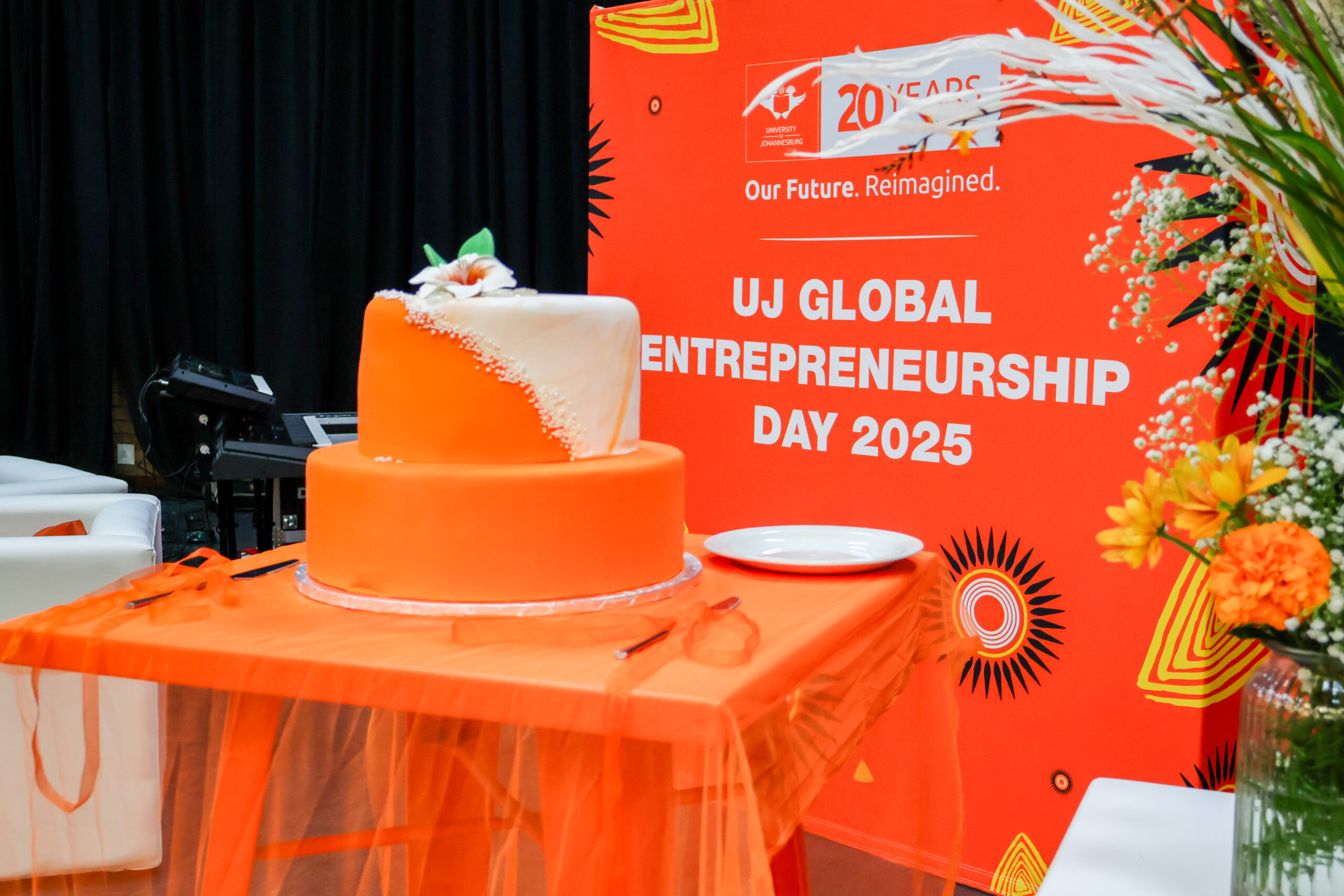The University of Johannesburg (UJ)’s innovative project, “Technology Transfer and Culture in Africa: Large Scale Models in Focus,” led by Professor Catherine Botha of the department of Philosophy, with top-ranking graduate students in AI Ethics, Franklyn Echeweodor, Anthony Isong, and Edmund Ugar, in collaboration with Notre Dame Faculty Collaborator: Jaimie Bleck, Political Science, has been selected to receive funding through the Notre Dame–IBM Technology Ethics Lab Awards’ Call for Proposals (CFP). This project is one of 17 to receive funding, and has been granted just over $1,000,000 for 2024 through its third annual Call for Proposals (CFP).

The project, which comprises a focused, multi-disciplinary investigation, seeks to explore how technology transfer impacts culture in Africa in the context of large-scale models. The initiative aims to address the underexplored theme of the impact of technology transfer on culture and large-scale models within the African context. The project will yield three key deliverables: one national workshop, one international conference held in South Africa, and one journal special issue devoted to the theme.
According to Prof Botha, the project leader, “The impact of technology transfer on culture is an underexplored theme in the literature, and the impact of large-scale models is only recently attracting much attention, but not from the perspective of technology transfer. We contend that the theme would benefit from a multi-disciplinary interrogation, to direct policy and law-making within the African context, as well as benefit makers of technologies. A carefully considered theoretical grounding to policy and other decision-making in the area of technology transfer and its impact on culture is, in our view, a first step in understanding this rich topos.”
The Notre Dame–IBM Technology Ethics Lab Awards releases a CFP each year to fund practical and applied interdisciplinary research in tech ethics. The theme of this most recent CFP was “The Ethics of Large-Scale Models,” drawing a highly competitive pool of applicants from across the globe. Each of the selected project teams has been paired with a Notre Dame faculty member who will collaborate on the project, which is a new and exciting aspect of this process.
“We’re beyond excited with this year’s cohort of the Call for Proposals, and the chance to support new and hopefully long-lasting collaborations between our Notre Dame faculty and other institutions in the US, Europe, Middle East, Asia, Africa, and South America. It’s a unique opportunity to support urgent and practical work at the forefront of thought and engineering on the ethics of large-scale models,” says Nuno Moniz, Director of the Notre Dame–IBM Technology Ethics Lab and Associate Research Professor, Lucy Family Institute for Data & Society.
“Large-scale models have drawn widespread attention for their usefulness across various contexts and general awareness that we must adopt this technology responsibly to maximize their benefits. I’m thrilled with the prospect that this year’s Call for Proposals and the resulting research have the potential to make a meaningful impact on the ethical development and use of these models for years to come,” said Heather Domin, Global Leader of Responsible AI Initiatives at the IBM Office of Privacy and Responsible Technology and Associate Director of the Notre Dame–IBM Tech Ethics Lab.
Matt Sisk, Associate Professor of the Practice, Lucy Family Institute for Data & Society, echoes this excitement. Sisk will collaborate with researchers from the Pontificia Universidad Javeriana in Colombia on a project that seeks to use AI to facilitate navigation and use of the Colombian Truth Commission documents. “We’re looking forward to deepening our connection to our Colombian partners on this project, which is focused on one of the first truly digital records of a peace and reconciliation process,” Sisk said. “Working together, we’ll be able to ensure that the AI-assisted translations and search interface for this material are both locally informed and ethically performed.”
These projects will be undertaken and completed in 2024, and final deliverables—which will range from practitioner’s playbooks to workshops to white papers—will be accessible through the lab’s website.
The lab’s previous CFP, which awarded more than $930,000 in funding to 19 proposals in 2023 around the theme of “Auditing Artificial Intelligence,” has seen its deliverables linked from the 2023 CFP page in the coming months.



